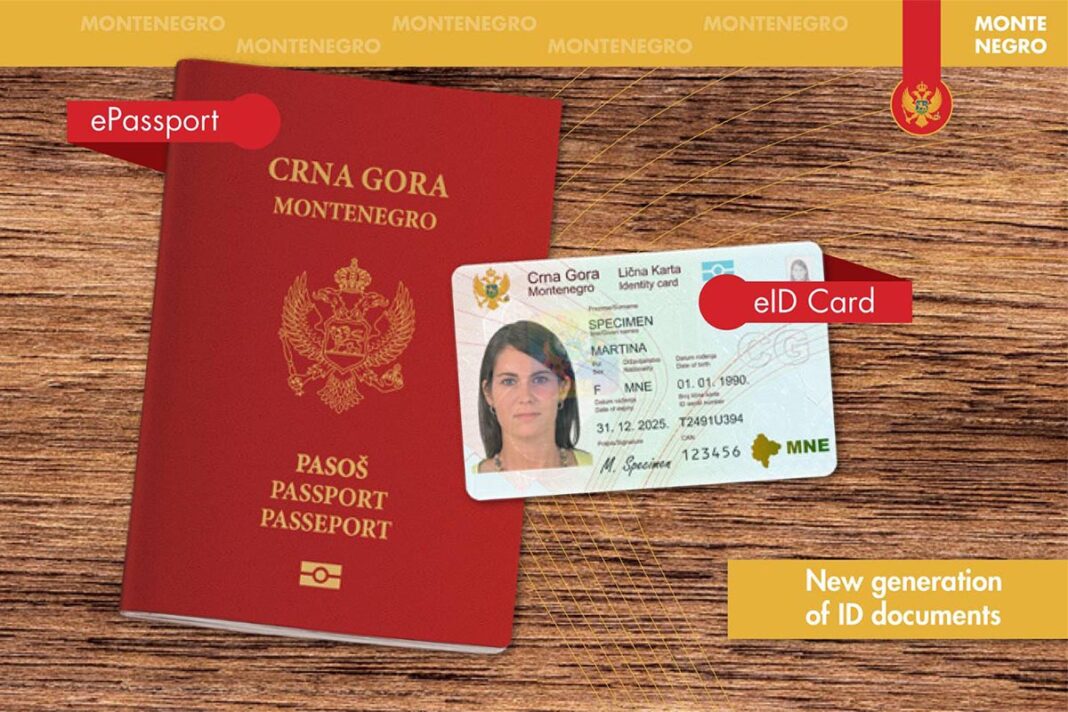Montenegrins have less than a month left to switch to the country’s new third-generation ID cards, as the Ministry of Interior confirmed September 30 as the final deadline. The move is more than paperwork: it’s part of Montenegro’s wider push to modernise state services and align with EU digital standards.
The new IDs, rolled out in 2020, contain electronic certificates that cut the risk of fraud while unlocking online access to dozens of services — from filing documents to managing official requests without setting foot in a government office.
In a country where queues and counters have long defined the citizen–state relationship, the cards symbolise a shift toward a digital-first state.
Montenegro’s upgrade also mirrors a broader regional race toward secure, interoperable e-governance. While the switch costs citizens just €5, failure to update could mean far more — restricted access to banking, travel, and public services. In short, the small plastic card is becoming a test of how ready Montenegro is for the next phase of its European journey.







